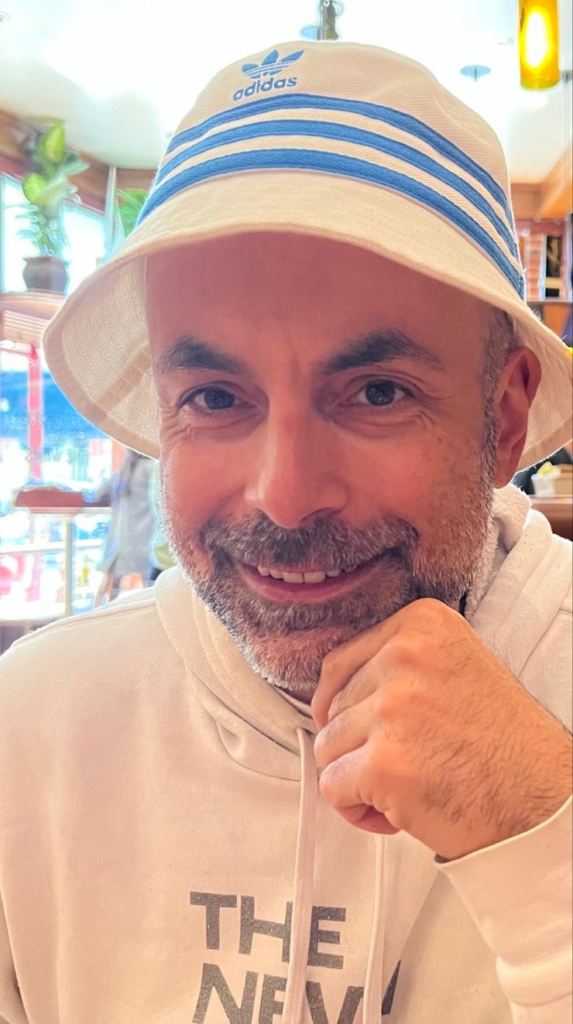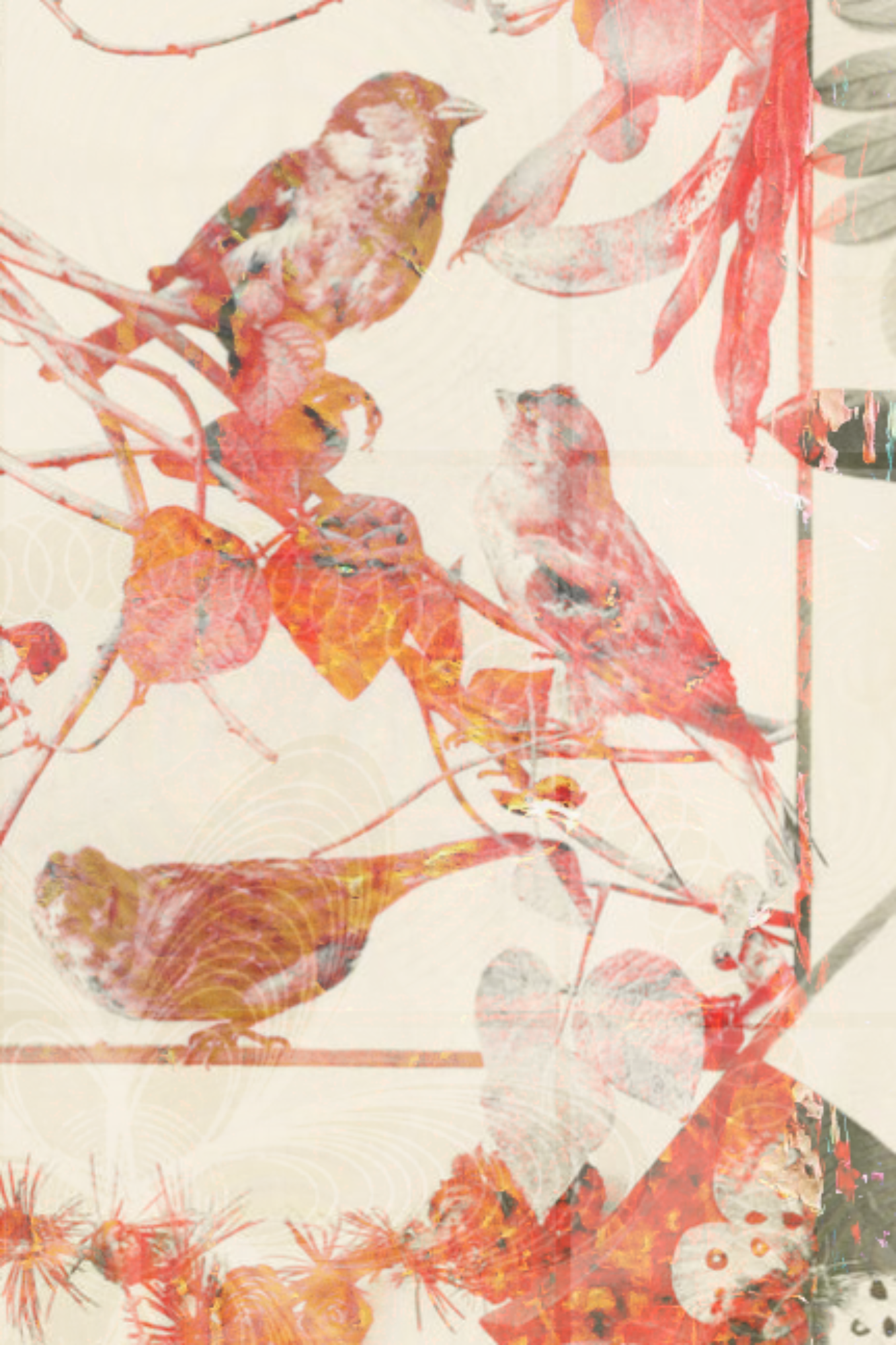What’s your creative process like?
When the cobwebs subside and my mind is in the right state meaning that I like the world I know that it’s the right time to write. I think it’s important to know and not waste your peaks. I write best when I perceive that the world depends on my message when there is no one else who can say what I am saying. My process is not a material circumstance as much as a positional authority. I came into my own as a writer as an activist in New York and only started accepting myself when I learned I was a cripple. Brain fog is a big obstacle to me but I’ve learned to surf it I guess. I’ve become forced to become disciplined but I believe that the artist should become the art like a dada avatar. I do the majority of my writing talking into my phone and using voice-to-speech programs.
Do you have a space dedicated to creative work? What does it look like? If you don’t, what would an ideal workspace look like to you?
I split my time between a yoga ball and a yoga mat. This prevents me from injuring myself by sitting in uncomfortable positions. Because I use speech-to-text platforms I find that walking while I am talking into my iPhone gives me good results because of all the healthy fresh air. When I jogged more I found that I would get all kinds of good ideas for stories and poems. If I was to construct an ideal workspace there is something called a Vegas room. There are no clocks on the walls and it comes equipped with an oxygen bar. I would still bring the ball and the mat.
Tell us about your path to writing or creating artwork.
I wrote my first poem on the school bus in the fifth grade about the birdman of Alcatraz. Living in San Francisco now he has entered my mind recently. The event of writing the poem overshadowed my writing because it felt so natural even though I had no experience. The need to transfer my thoughts to the page. The poem is an artifact of any even more profound event that can barely be captured by phrase. I do other kinds of writing but poetry is a way of being.
In 2000 when I was 21 I signed up for a slam competition in Harrisburg, PA. At this point I had one good poem that I could toss into the ring. I suddenly discovered stage fright for the first time. I also discovered how many talented poets from all walks of life exist out there, many of whom don’t even publish.
I became aware of Saul Williams’ movie Slam a year before that, and a year after it came out. It had a huge impact on me. I saw myself as the protagonist. The theme of prison abolition had found me in more ways than one. Yet, when I found myself on stage at the Bowery in New York and Bob Holman came up to me afterward I completely didn’t see the connection. It wasn’t until years afterward that I figured it all out.
What tips would you give someone taking their first steps in creative work? What did you need to hear when you were getting started?
It has very little to do with writing, but one the few times I’ve received good advice in my life someone told me if you want something make sure everyone around you knows it. The advice had to do with performativity: that one has to start acting like a writer and living like a writer before one can be a writer. Overemphasis on craft obscures the paramount necessity of message. Try automatic writing. Try everything there are all kinds of professional writing where you can get paid to hone one’s craft. A lot of living is about confidence.
Give us some background on the piece you contributed to this issue.

The poem started as a short story to pay homage to my grandmother Ewa, who was a louse feeder. This is a process to create anti-typhus vaccines by strapping boxes of lice to the thighs and after feeding they would be squashed into a paste. Because of her participation in the feeding of the lice she had hard and painful births with my mother and her brother. Her physical and mental health suffered as a result. As a result of the war, my family fled Lwów. She died at the age of 63. The Ukraine crisis is the subtext of this poem, because part of the conflict has to do with a revitalization of Stepan Bandera as a national hero. Renaming of streets from communist names to Bandera’s nationalist iconography. Bandera must have been rounding people up at the university while she was feeding the lice. She must have had friends who were shipped away to concentration camps. Yet, she never talked about the war; the louse feeding was a position of honor and privilege. There is no sign that Poles had ever lived in Lviv, now University of Jan Kazimierz. The scene of Victor Wegel’s louse feeding is now called Ivan Franko National University of Lviv, and it is the oldest learning institution in Ukraine, chartered in 1661 by John II Casimir, King of Poland.

Karol Olesiak is a queer disabled poet, writer, and activist. Karol’s poetic work is featured or forthcoming in Rogue Agent, Neologism Poetry, Proud to Be, Zoetic, Sugar House, MAI feminism, Lone Mountain, and 5th Wheel Press. Karol has an MFA from the University of San Francisco.

